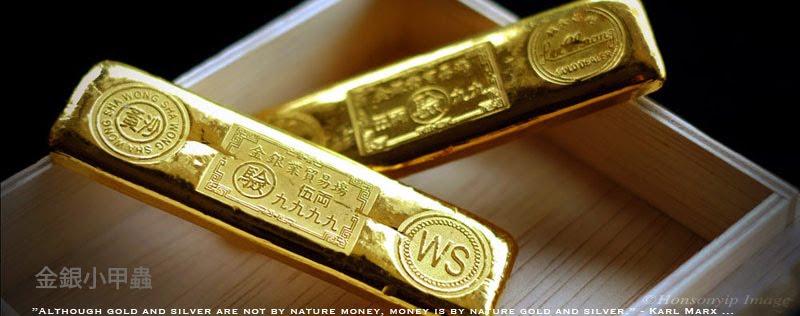2012年7月10日星期二
Electronics industry uses 320 tons of Gold,7500 tons of Silver annually
http://www.bullionstreet.com/
 ACCRA (BullionStreet): A staggering 320
tons of gold and more than 7,500 tons of silver are now used annually to
make PCs, cell phones, tablet computers and other new electronic and
electrical products worldwide.
ACCRA (BullionStreet): A staggering 320
tons of gold and more than 7,500 tons of silver are now used annually to
make PCs, cell phones, tablet computers and other new electronic and
electrical products worldwide.
Precious metals such as gold have wide use in electronics because they are efficient conductors of electricity. Gold doesn't corrode, thus providing for uninterrupted supply of current and voltage in connectors, circuits, connecting wires, etc.
Experts from the Bonn-based United Nations University provided a financial estimate that the 'urban mining' of e-waste could generate: $21 billion each year ($16 billion in gold and $5 billion in silver). There is more. At present, barely 15% of these precious metals are recovered from the e-waste.
Quantities of gold, silver and other precious metals available for recovery are rising in tandem with the fast-growing sales of electronic and electrical goods, including the new category of tablet computers.
With respect to gold alone, electronic and electrical products consumed 5.3% (197 tons) of the world’s supply in 2001 and 7.7% last year (320 tons -- equal to 2.5% of the US gold reserves in the vaults of both Fort Knox, Kentucky, and the Federal Reserve Bank of New York).
In that same decade, even as the world’s annual gold supply rose 15% - from about 3,900 tons in 2001 to 4,500 tons in 2011 - the price per ounce leapt from under $300 to more than $1,500.
Thanks to the volume and value of precious metals e-waste contains, developing countries with an active informal recycling sector collect as much as 80-90% of their locally-generated e-waste.
The clincher was that e-waste now contains precious metal deposits'' that are 40 to 50 times richer than ores mined from the ground. The UN meet's main focus was on recycling. E-waste is emerging as one of the biggest modern-day challenges.
A staggering 320 tons of gold and more than 7,500
tons of silver are now used annually to make PCs, cell phones, tablet
computers and other new electronic and electrical products worldwide.

Precious metals such as gold have wide use in electronics because they are efficient conductors of electricity. Gold doesn't corrode, thus providing for uninterrupted supply of current and voltage in connectors, circuits, connecting wires, etc.
Experts from the Bonn-based United Nations University provided a financial estimate that the 'urban mining' of e-waste could generate: $21 billion each year ($16 billion in gold and $5 billion in silver). There is more. At present, barely 15% of these precious metals are recovered from the e-waste.
Quantities of gold, silver and other precious metals available for recovery are rising in tandem with the fast-growing sales of electronic and electrical goods, including the new category of tablet computers.
With respect to gold alone, electronic and electrical products consumed 5.3% (197 tons) of the world’s supply in 2001 and 7.7% last year (320 tons -- equal to 2.5% of the US gold reserves in the vaults of both Fort Knox, Kentucky, and the Federal Reserve Bank of New York).
In that same decade, even as the world’s annual gold supply rose 15% - from about 3,900 tons in 2001 to 4,500 tons in 2011 - the price per ounce leapt from under $300 to more than $1,500.
Thanks to the volume and value of precious metals e-waste contains, developing countries with an active informal recycling sector collect as much as 80-90% of their locally-generated e-waste.
The clincher was that e-waste now contains precious metal deposits'' that are 40 to 50 times richer than ores mined from the ground. The UN meet's main focus was on recycling. E-waste is emerging as one of the biggest modern-day challenges.
訂閱:
文章 (Atom)
